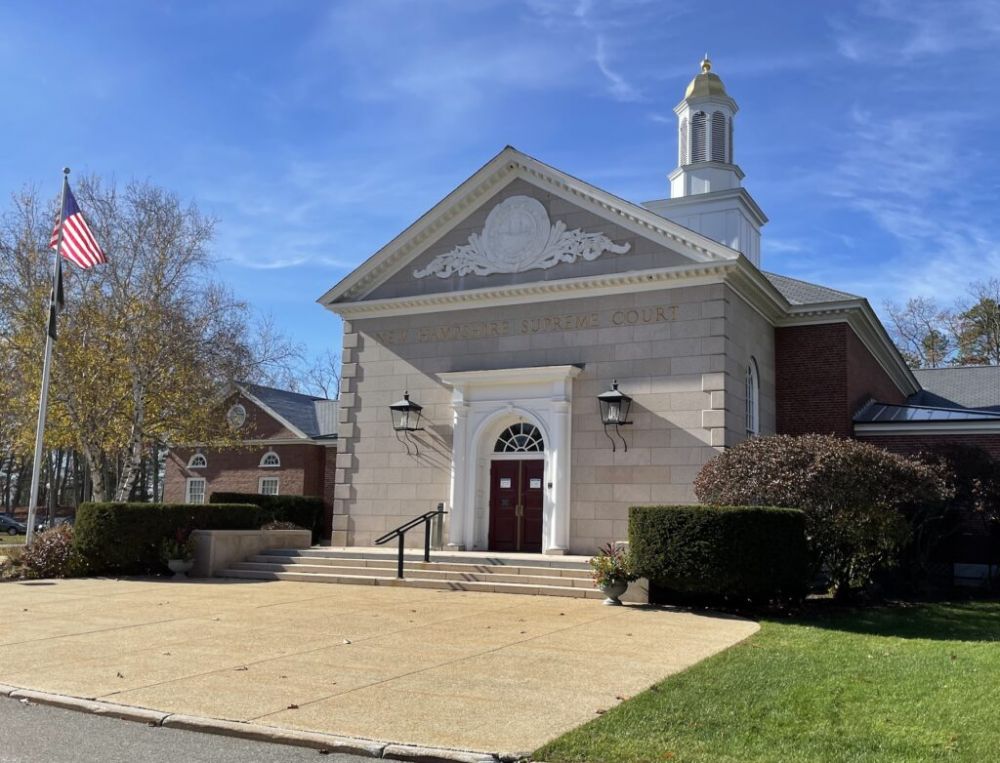
The decisions are expected to be appealed to the state Supreme Court. (Dana Wormald | New Hampshire Bulletin)
This story was updated on Feb. 20 at 7:32 to include a response from the New Hampshire Attorney General’s Office.
Three months after issuing a pair of sweeping decisions calling for an overhaul of the state’s school funding system, a Rockingham County Superior Court judge has denied the state’s motions to reconsider, in a move that likely vaults the battle to the state Supreme Court.
In a pair of orders issued Tuesday, Judge David Ruoff blocked requests from the state to reconsider his decisions, made in two separate school funding lawsuits in November.
“Upon review, the Court is not persuaded by the State’s arguments,” Ruoff wrote.
In one of the November decisions, Ruoff found that the state was not meeting its constitutional requirement to fund an adequate education, and ordered the state to pay public schools at least $7,356.01 per student – nearly double the amount it pays presently. In the other, he found New Hampshire’s statewide education property tax to be unconstitutional and ordered it to be restructured so that it distributes money to poorer towns.
The state had requested partial reconsideration of both rulings and had asked for Ruoff to impose stays on his orders.
Attorneys for the state had asked Ruoff to reconsider his rulings by arguing that the court was improperly wading into a matter that should be determined by lawmakers, violating the constitution’s separation of powers clause. And they had asked the court to delay implementation of the newly ordered funding levels by at least one legislative session.
But Ruoff denied all efforts Tuesday.
“… The Court carefully considered the relevant separation of powers concerns when issuing the Base Adequacy Order,” Ruoff wrote. “Ultimately, the Court concluded that those concerns must be balanced against the reality that the right to a ‘constitutionally adequate public education is a fundamental right.’”
The state plans to appeal those decisions, a spokesman for the Attorney General’s Office said Tuesday, bringing a decades-long debate back to the state’s highest court. That court issued a pair of landmark decisions in the 1990s that established a constitutional requirement that the state provide an “adequate” education to its students, and directed the state to do so. Plaintiffs in the two lawsuits currently in superior court have argued that the state has not followed those court orders in the years since, and that the state has unlawfully forced local taxpayers to pay for the bulk of school expenses for their students.
The Attorney General’s Office spokesman, Michael Garrity, declined to comment further.
“We are currently in the process of reviewing the Judge’s decisions and will respond as appropriate,” he said in an email.
This story is courtesy of NH Bulletin under creative commons license. No changes have been made to the article.

 Current Issue - April 2024
Current Issue - April 2024